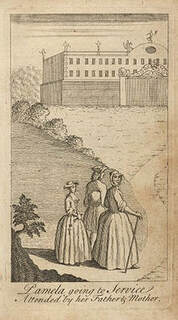 Illus. from 1741 pirated edition of "Pamela."
Illus. from 1741 pirated edition of "Pamela." In 1740 English writer Samuel Richardson wrote a novel titled Pamela; or Virtue Rewarded. It evolved out of a request for a series of letter templates he was working on for two book sellers. His only condition to the sellers for the project was that the letters must have a moral purpose. Inspired, he turned them into a story. He saw it as an opportunity to instruct and entertain through highlighting the social and domestic behaviors of men, women, and servants.
In today’s world this work would be characterized as a novel about sexual harassment of a fifteen-year-old girl, a maid servant, who as the story unfolds, is being continuously threatened with sexual assault by her boss. In Richardson’s world, her persistent fending off of his advances results in her virtue being rewarded. Hence, the subtitle Virtue Rewarded.
Her employer was relentless in his attempts at seduction, even going so far as kidnapping her. In the end, however, he reforms (or perhaps gives in) and offers her a legitimate proposal of marriage; hence, virtue is rewarded.
In today’s world this work would be characterized as a novel about sexual harassment of a fifteen-year-old girl, a maid servant, who as the story unfolds, is being continuously threatened with sexual assault by her boss. In Richardson’s world, her persistent fending off of his advances results in her virtue being rewarded. Hence, the subtitle Virtue Rewarded.
Her employer was relentless in his attempts at seduction, even going so far as kidnapping her. In the end, however, he reforms (or perhaps gives in) and offers her a legitimate proposal of marriage; hence, virtue is rewarded.
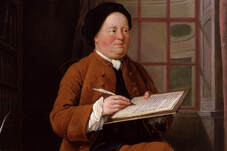 Pamela author Samuel Richardson
Pamela author Samuel Richardson Pamela; or Virtue Rewarded is considered one of the first true English novels. Today, his writings would be considered content literature, a genre of books which attempt to educate the reader on social norms and ideals. At the time of its publication, Pamela was a bestseller, but it was not without its critics, who focused on what they perceived to be licentiousness as well as disregard for class barriers.
The work was considered poignant because the story unfolds through letters and journal entries by Pamela addressed to her parents. A great emphasis was placed on Pamela’s innocence and naiveté, which served to make Mr. B’s actions even more heinous.
Pamela was the first novel printed in America, courtesy of Benjamin Franklin. However, it was not as well-received across the pond in America as it was in England, Also, in 1742, the sequel, Pamela in her Exalted Condition, was published by Samuel Richardson.
The work was considered poignant because the story unfolds through letters and journal entries by Pamela addressed to her parents. A great emphasis was placed on Pamela’s innocence and naiveté, which served to make Mr. B’s actions even more heinous.
Pamela was the first novel printed in America, courtesy of Benjamin Franklin. However, it was not as well-received across the pond in America as it was in England, Also, in 1742, the sequel, Pamela in her Exalted Condition, was published by Samuel Richardson.
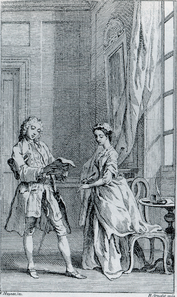 Plate 1742 Deluxe Edition of "Pamela"
Plate 1742 Deluxe Edition of "Pamela" Impact
Perhaps the most intriguing aspect of the novels is the multimedia impact it had on the literary world. Copyright laws were not as strict then as they are today, so you can imagine how many unofficial sequels were written and published. Even Henry Fielding, a writer of humor and satire and considered a co-founder of the English novel along with Richardson, jumped into the fray. There were many satires during this era, which were considered conservative reactions to Richardson calling into question the accepted barriers set by socio-economic status.
James G. Turner, Berkeley professor, titles this phenomenon the “Pamela craze” and asserts that it was emulated “inn virtually every medium.” It smacks of modern-day merchandise marketing with its murals, paintings, and the like fashioned after the zeal for Pamela. The craze did not stop there. Plays, operas, and books galore, both supporting and parodying the original, emerged. One in particular was Henry Fielding’s An Apology for the Life of Mrs. Shamela Andrews. Obviously, Fielding was not a fan of the character Pamela. He saw her instead as a gold-digger, who pretended innocence to manipulate Mr. B (whom he titles in his book Booby) into marriage.
Most interesting is the effect Pamela had on the attitude toward novels. There were those opposed to Pamela and its unexpected offspring as capable of igniting unacceptable passions and desires. Some even suggested that it went beyond that and nudged readers to ignore their wills and become automatons.
This perhaps sounds silly, but when one considers the continuous efforts to ban books by those fearful that readers do not know their own minds and are incapable of making their own choices, it is perhaps a continuing reaction to anything that threatens their belief systems. Just as in the eighteenth century and for all time, people have free will to choose what they want to read and to choose how it affects them.
Perhaps the most intriguing aspect of the novels is the multimedia impact it had on the literary world. Copyright laws were not as strict then as they are today, so you can imagine how many unofficial sequels were written and published. Even Henry Fielding, a writer of humor and satire and considered a co-founder of the English novel along with Richardson, jumped into the fray. There were many satires during this era, which were considered conservative reactions to Richardson calling into question the accepted barriers set by socio-economic status.
James G. Turner, Berkeley professor, titles this phenomenon the “Pamela craze” and asserts that it was emulated “inn virtually every medium.” It smacks of modern-day merchandise marketing with its murals, paintings, and the like fashioned after the zeal for Pamela. The craze did not stop there. Plays, operas, and books galore, both supporting and parodying the original, emerged. One in particular was Henry Fielding’s An Apology for the Life of Mrs. Shamela Andrews. Obviously, Fielding was not a fan of the character Pamela. He saw her instead as a gold-digger, who pretended innocence to manipulate Mr. B (whom he titles in his book Booby) into marriage.
Most interesting is the effect Pamela had on the attitude toward novels. There were those opposed to Pamela and its unexpected offspring as capable of igniting unacceptable passions and desires. Some even suggested that it went beyond that and nudged readers to ignore their wills and become automatons.
This perhaps sounds silly, but when one considers the continuous efforts to ban books by those fearful that readers do not know their own minds and are incapable of making their own choices, it is perhaps a continuing reaction to anything that threatens their belief systems. Just as in the eighteenth century and for all time, people have free will to choose what they want to read and to choose how it affects them.
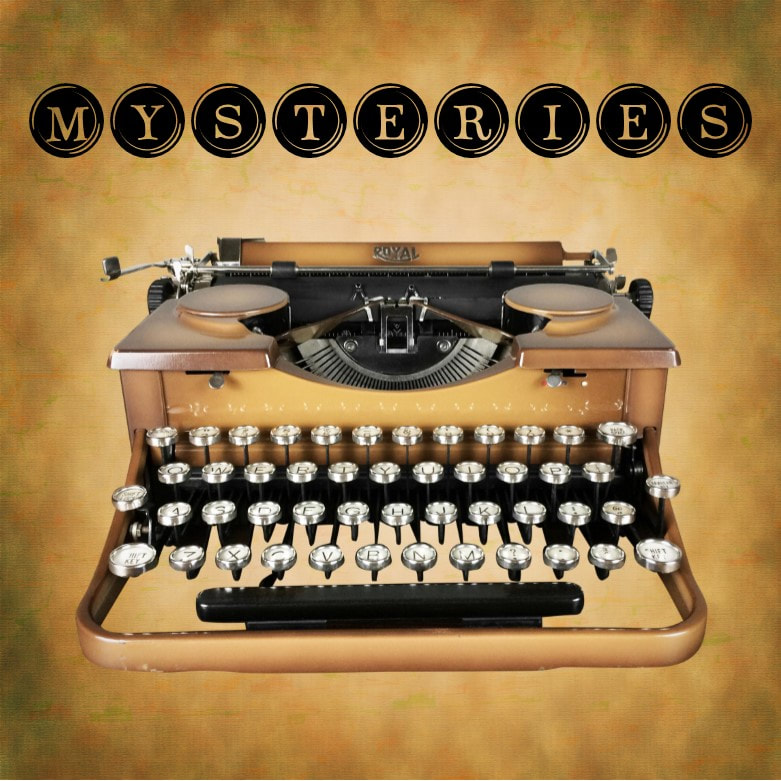
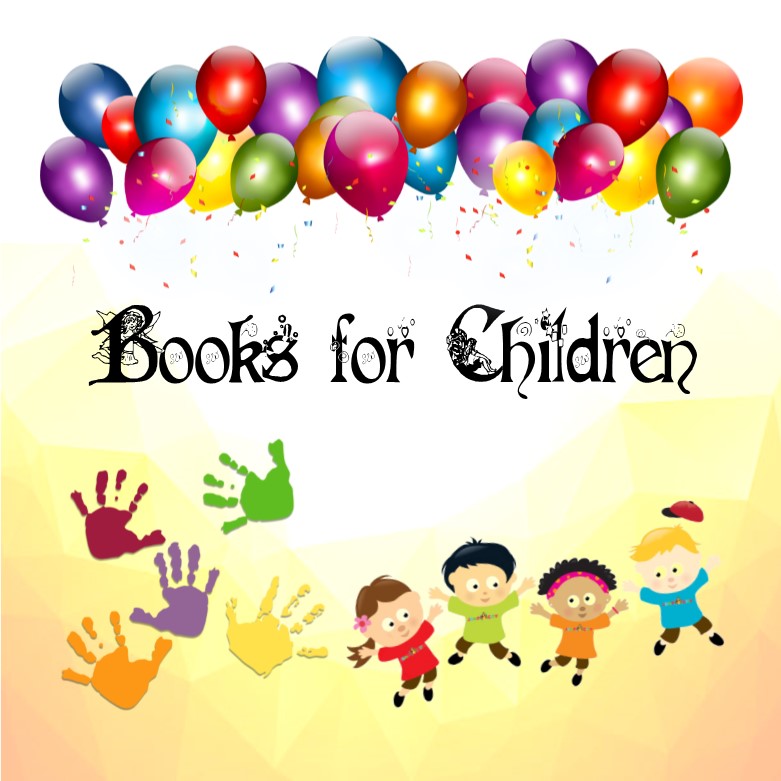

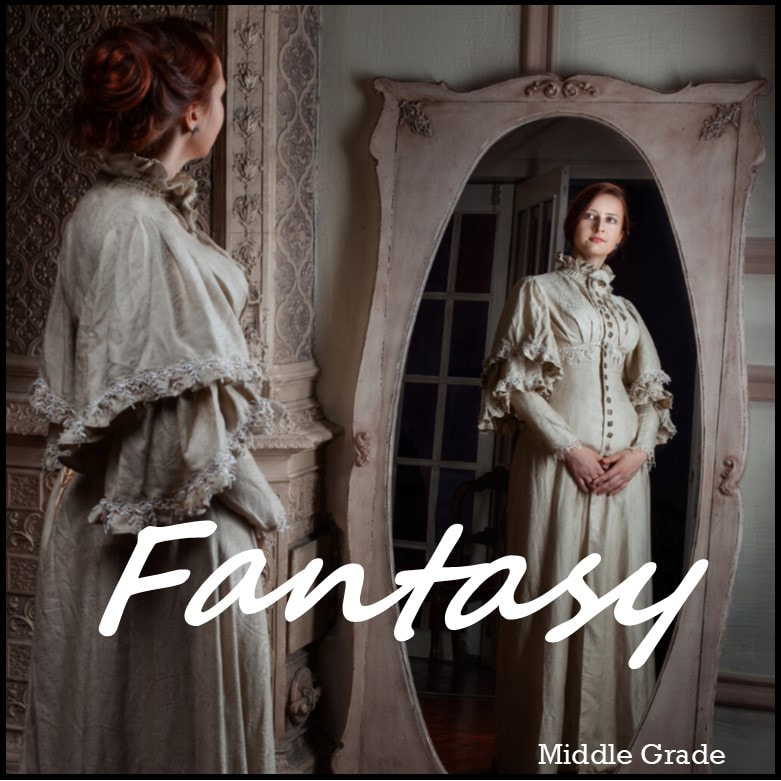


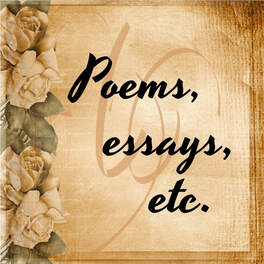
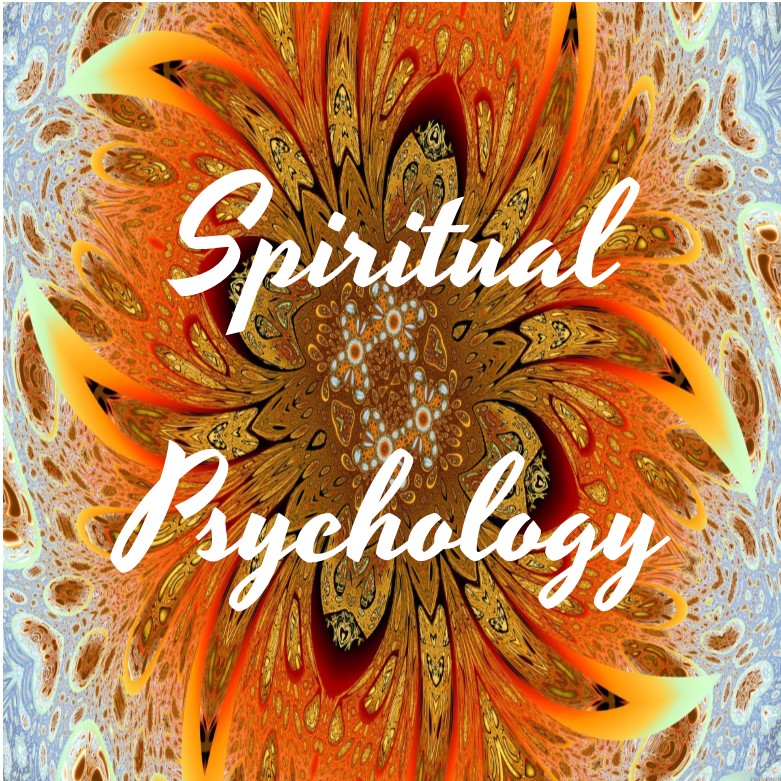

 RSS Feed
RSS Feed